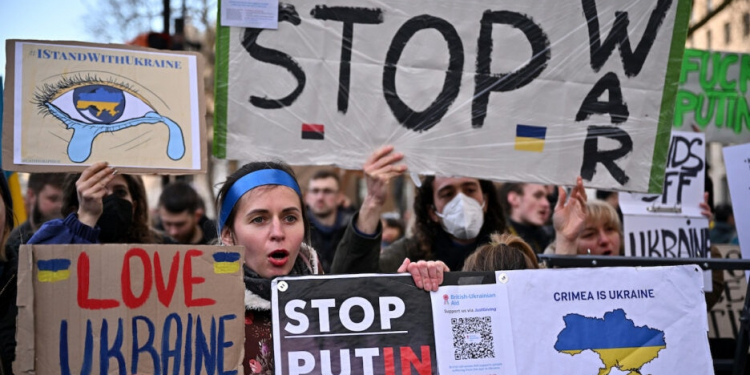The FINANCIAL — London Business School’s Professor Richard Portes recently appeared on Times Radio to discuss the news that S&P Global has placed Russia under a “selective default” rating after the Russian government said that it had repaid about $650m in dollar-denominated debt in rubles.
The ratings agency has said that it did not expect investors to be able to convert the ruble payments into US dollars that were equivalent to the original amount due, thereby pushing Russia toward its first default on foreign currency sovereign debt in more than a century.
Times Radio business editor Dominic O’Connell asked Professor Portes about the nature of the ‘selective’ default – was it, he asked, a real default? Professor Portes said that it was real default, although selective in the sense that as payment obligations came up, the debtor is not willing, or not able to pay, and defaults on a specific payment but not its entire debt London Business School notes.
Portes discussed the impact on the Russian economy and the likely fortunes of the country’s population, a nation where 64 per cent of people in Russia had no savings.
Did the default matter? “Yes. The Russians are unable to borrow in the short run, but then they do have a large current account surplus,” said Professor Portes. “In the short run, there is no serious economic impact. In the long run, however, there is a potential impact on the credit reputation of the country.”
Professor Portes drew comparisons with the late Nineties when Russia defaulted on its domestic currency bonds, although by contrast to today, “it managed to keep on paying its foreign currency debt”.
“Defaulting on its foreign interest payments may sound like an extremely big issue, although in the short term it can survive because it is earning lots of money from its exports. Russia has a relatively small foreign currency debt burden, and huge foreign currency reserves. However, the problem for them now is that they cannot now access most of these reserves.”
The biggest problem for the country is that there would be no one making loans to them, “certainly not until the hostilities have been settled and not until sanctions have been lifted, and the ability for Russia to pay has been restored.”
While the present crisis closes off Western markets to Russia, Times Radio asked Professor Portes if the country might borrow from other countries. Professor Portes said that this would not be borrowing, but would instead take the form of incurring debt.
“One might imagine a bartering system, with Russia making payments for goods and services with its supplies of oil and gas. This is doubtlessly already taking place.”
Looking to the future, Professor Portes said that there are certainly many examples of countries defaulting on foreign debt payments, but continuing to manage their economies by making partial payments, London Business School notes.
With regard to the likely impact on ordinary Russians, it really depended on the Russian government and what it might choose to do with regard to import priorities.
“Certain technological needs might not be met, with critical components and replacement parts not easily being sourced for the Russian market.”

































Discussion about this post